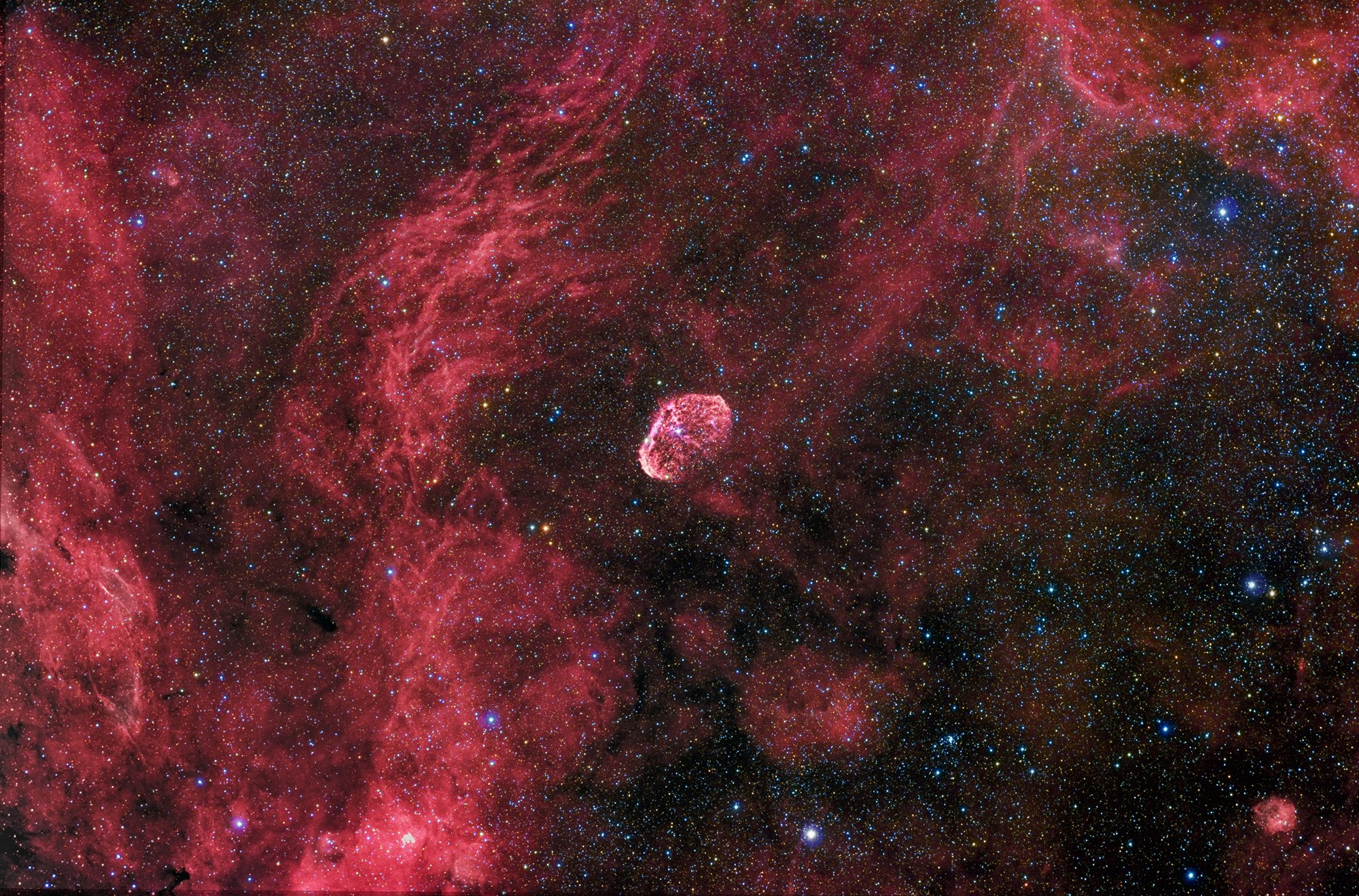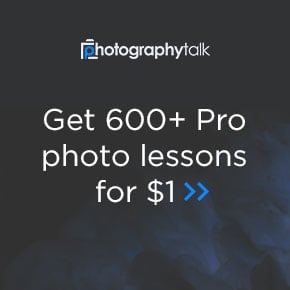- Forum
- Photography and Camera Forum
- Photo Galleries - For General Display or Critique
- Astrophotography
- Dumbell Nebula with a 70-200mm and a 2x teleconverter?
Dumbell Nebula with a 70-200mm and a 2x teleconverter?
-
 Topic Author
Topic Author
- Stanly
- Master of the Lens
-
- Nikon Z6, Nikon FM10 and Nikon D800
- Followers: 262
- Posts: 1818
-
Points:
15620
Post #489789
Nikon Z6 | Nikon FM10 | Nikon D80 | Nikon 50mm f/1.8D | Nikon 18-105mm f/3.5-5.6 AF-S VR | 35-105mm f/3.5 Macro | 80-200mm f/4.5 | SB600 | Pocket Wizard II
-

- effron
- Newbie
- Followers: 1623
-
Points:
129640
-

- KCook
- Photo Elder
-
- Canon EOS 50D and Olympus E-P5
- Followers: 1325
- Posts: 5410
-
Points:
32913
-
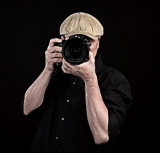
- Jackson Rieger
- Snapobsessed
-
- Nikon D850 and Nikon D300
- Followers: 143
- Posts: 470
-
Points:
4486
Post #489888
-

- Garbo
- The Lounger
-
- Nikon D300
- Followers: 188
- Posts: 1283
-
Points:
10443
-
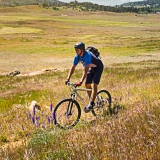
- Zach Mosher
- Snapobsessed
-
- Nikon D800
- Followers: 134
- Posts: 423
-
Points:
8190
Post #490137
-

- KCook
- Photo Elder
-
- Canon EOS 50D and Olympus E-P5
- Followers: 1325
- Posts: 5410
-
Points:
32913
-
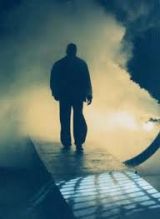
- Street Shark
- Photography Hooked
-
- Nikon D850 and Nikon D7100
- Followers: 115
- Posts: 501
-
Points:
5083
Post #490192
-

- KCook
- Photo Elder
-
- Canon EOS 50D and Olympus E-P5
- Followers: 1325
- Posts: 5410
-
Points:
32913
Post #490215
One way to get way more luminance data to combine with the shot is a Hydrogen Alpha filter (probably about 12nm would be perfect) that you can stick in the camera. This would be huge for excellent detail but it will need a couple hours of exposure to.
I'll stick up some of my astro shots and if you have questions just let me know.
Post #490222
Stanly wrote: And I'll be shooting with an D80, so I have the 1.5x crop going on. Can you get any detail from shooting any Nebula's?
I'd recommend NGC 7000 North America Nebula and it would include the nearby Pelican Nebula. They are both bright enough that a 3 minute individual shot would be very pretty. I'd also skip the 2x as with a crop sensor you are almost at 300mm which is not bad. Also much more forgiving of poor tracking / bad polar alignment than 600mm would be.
The link shows what the area looks like (not my photo)
www.petergarbett.com/DeepSky/22c2ac50.jpg
-

- I shoot RAW
- Snapobsessed
-
- D700 and D7000
- Followers: 78
- Posts: 425
-
Points:
2918
Post #490229
astrodave wrote: OK here's a couple things on the topic. You can shoot the dumbbell (M27) but you will have to track the shot. With a 200mm and a 2x you are going to be shooting at f4+ depending on which lens you have. This is not a one shot object. You will need a couple hours of exposure as a minimum at f5ish. Take 1-3 minute individual shots and combine them with a stacking program.
One way to get way more luminance data to combine with the shot is a Hydrogen Alpha filter (probably about 12nm would be perfect) that you can stick in the camera. This would be huge for excellent detail but it will need a couple hours of exposure to.
I'll stick up some of my astro shots and if you have questions just let me know.
I'm so motived. Now I thought the hydro alpha filter was for shooting into the sun?
Wasn't me
-

- Tim Dordeck
- Photography Hooked
-
- Canon 5D Mark III
- Followers: 371
- Posts: 823
-
Points:
7902
Post #490274
-
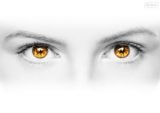
- Conner
- The Lounger
-
- 5D Mark II
- Followers: 196
- Posts: 1050
-
Points:
6941
- Forum
- Photography and Camera Forum
- Photo Galleries - For General Display or Critique
- Astrophotography
- Dumbell Nebula with a 70-200mm and a 2x teleconverter?
Latest Reviews
The Olympus Pen E-P7 is an affordable micro four thirds mirrorless camera with 4K video capabilities, a 20.3MP sensor, and 121 focus points, making it a solid entry-level camera for beginners.
The Panasonic G9 II is a 25.2-megapixel micro four thirds camera with numerous features that make it punch out of its weight class, like 779 AF points, 5.8K video, and weather sealing.
The Fujifilm XT5 is a 40MP mirrorless camera capable of 6.2K video at 30p. With those specs, it’s an ideal choice for photographers needing a camera to pull double duty for imaging and video.
The Canon EOS R100 is an entry-level mirrorless camera introduced in 2023. But just because it’s an entry-level camera doesn’t mean it’s a bare-bones camera. Find out why in this review!
Latest Articles
Upgrade your kit in 2024 with the best intermediate camera on the market! The question is, what camera fits the bill? We’ve got three top options for you to choose from in this buyer’s guide.
The best photography jobs right now are a mix of tried-and-true gigs like wedding photography and new jobs highlighting AI’s capabilities, travel, and videography.
The Olympus Pen E-P7 is an affordable micro four thirds mirrorless camera with 4K video capabilities, a 20.3MP sensor, and 121 focus points, making it a solid entry-level camera for beginners.
Starting a photography business is one thing; sustaining your business over a long period of time is another. Use the tips in this professional photography guide to build something with longevity!
The Panasonic G9 II is a 25.2-megapixel micro four thirds camera with numerous features that make it punch out of its weight class, like 779 AF points, 5.8K video, and weather sealing.
Cinematic photography is an interesting genre that combines photographic and videographic skills along with effective storytelling techniques. The result? Highly impactful images!
Newborn photography requires skill, the right gear, and a lot of patience. This beginner’s guide discusses critical topics that will help you be more prepared for before, during, and after the shoot.
To fill the frame means to expand the footprint of the subject in your shot. Get in close, zoom in, crop the image, or use other techniques to bring the subject to the forefront.









